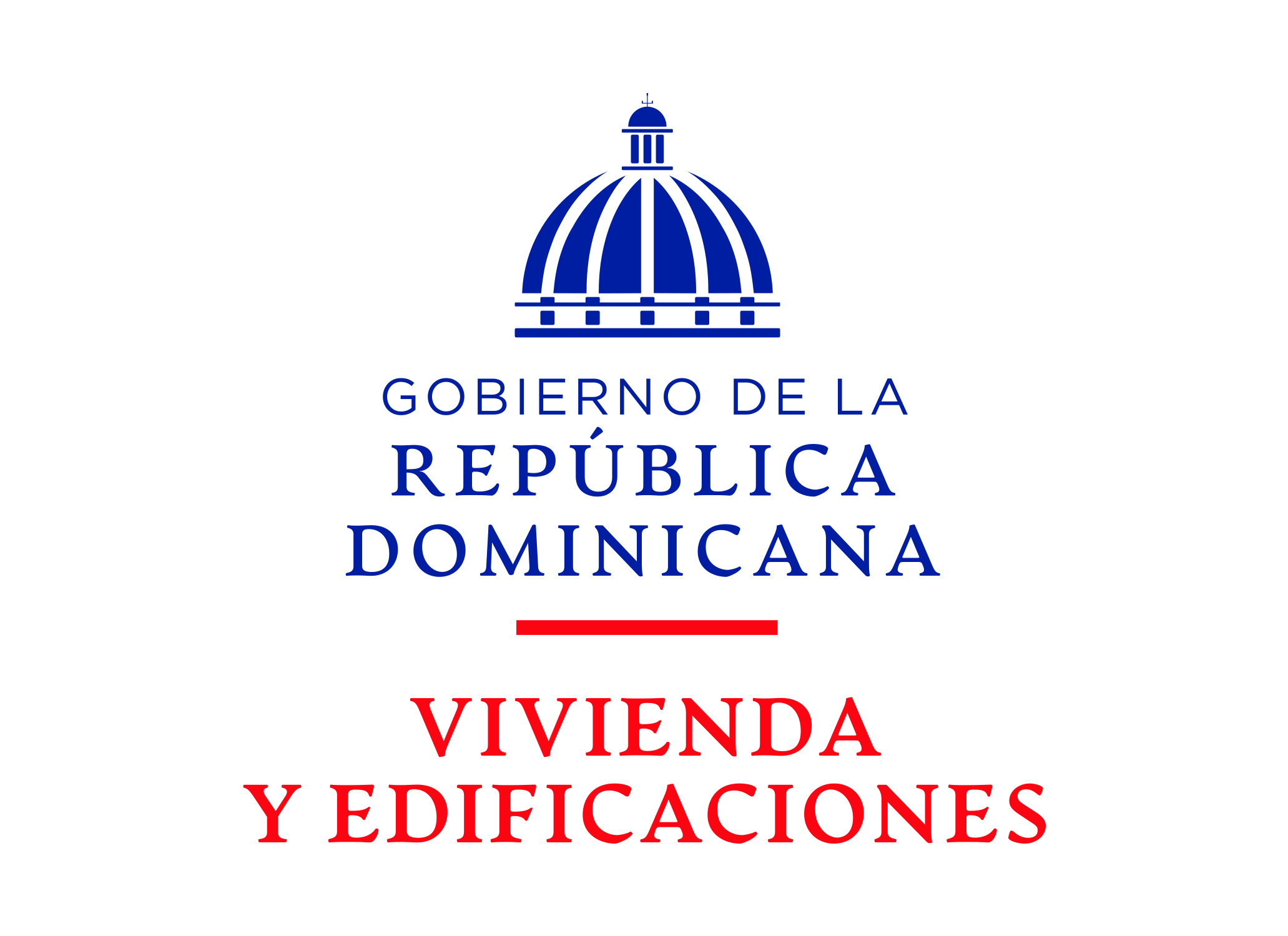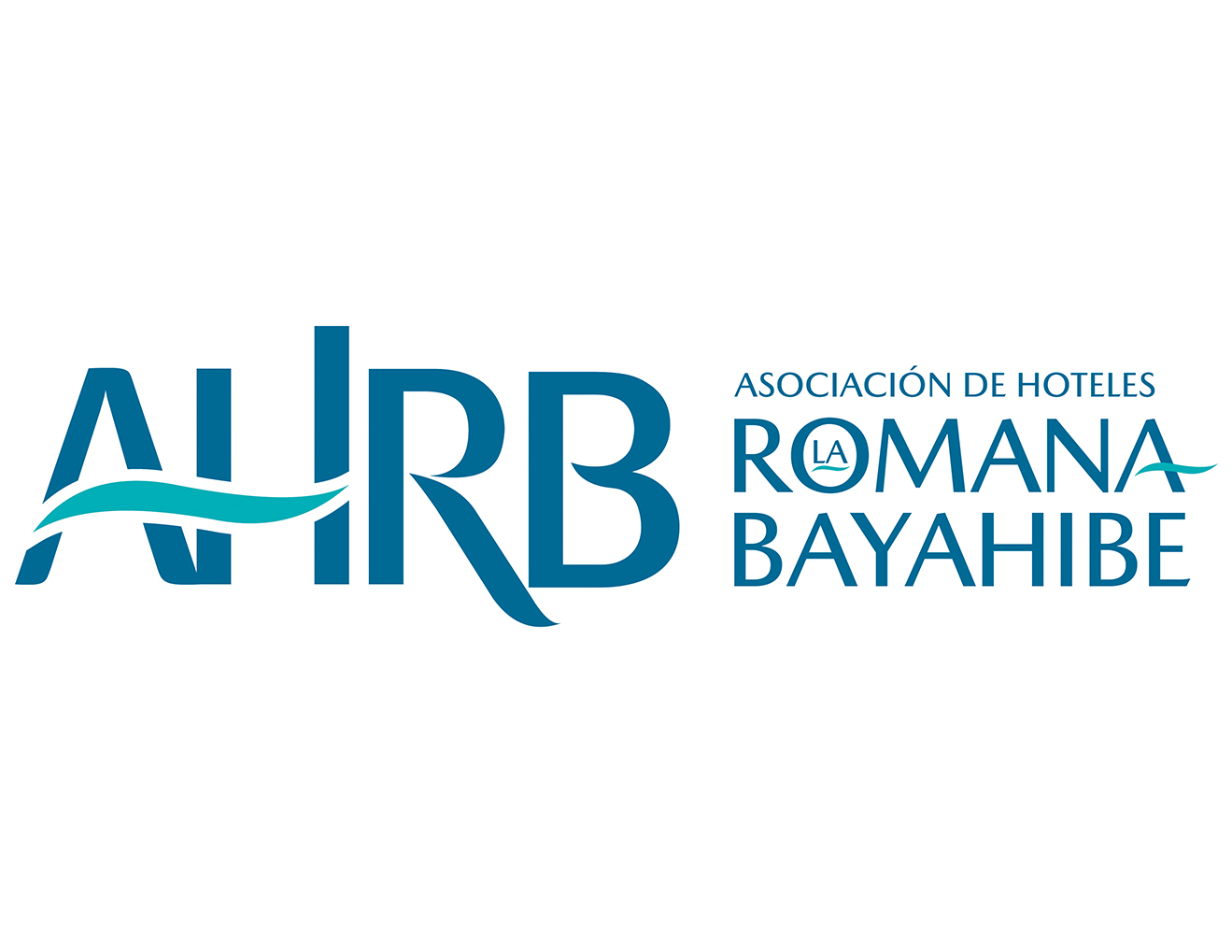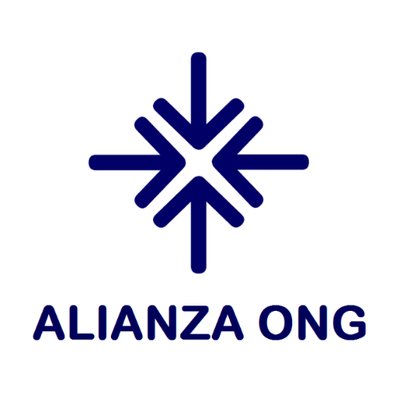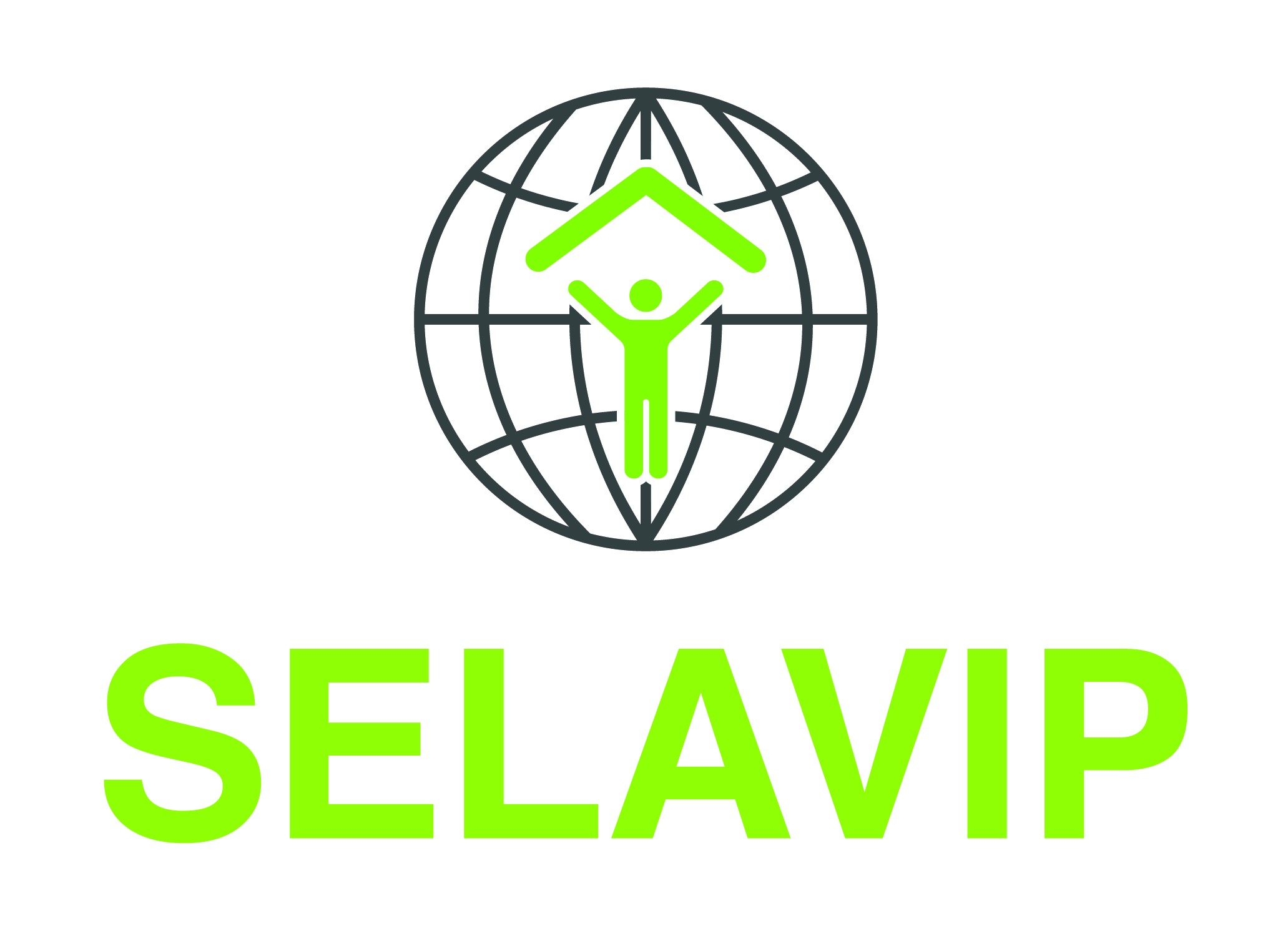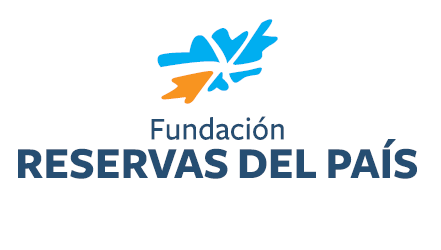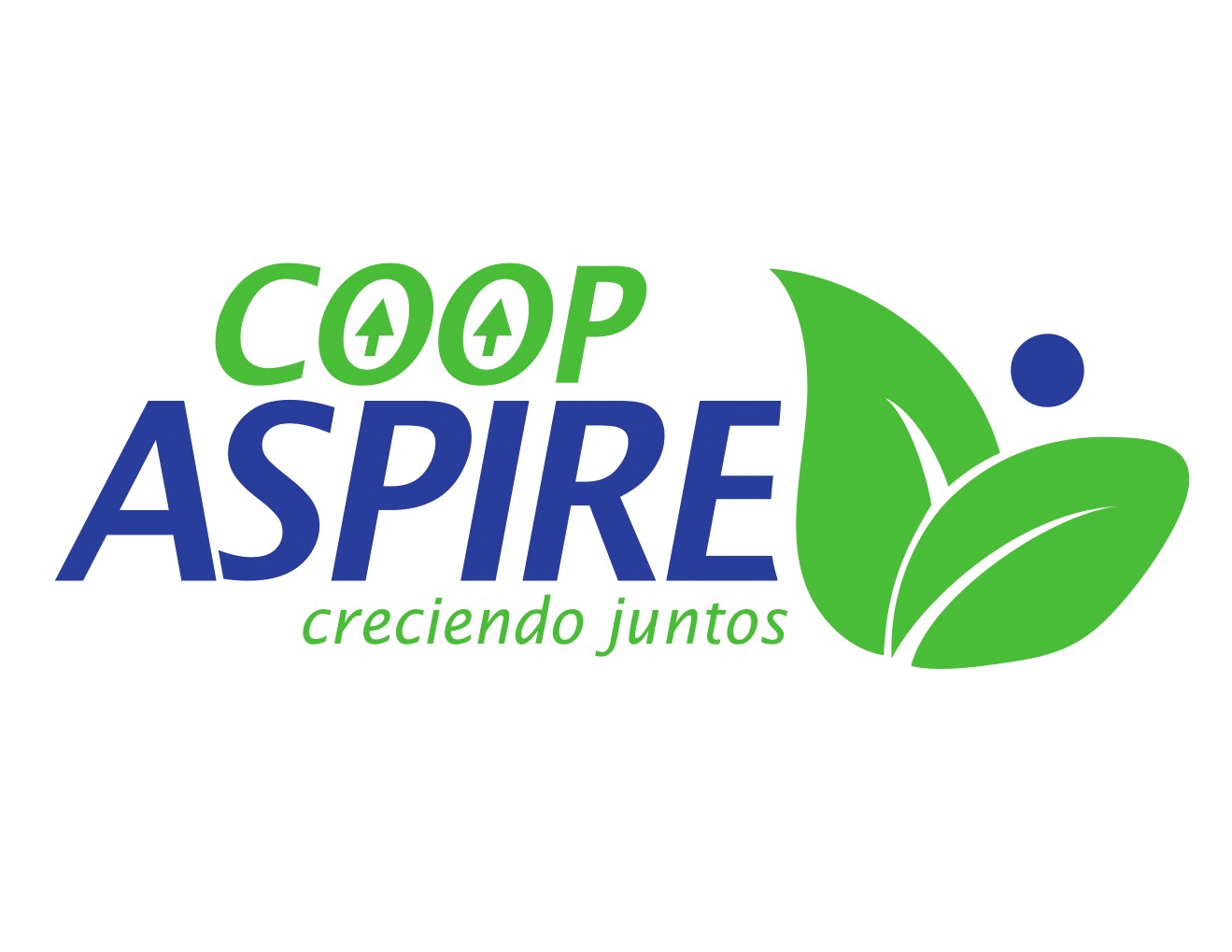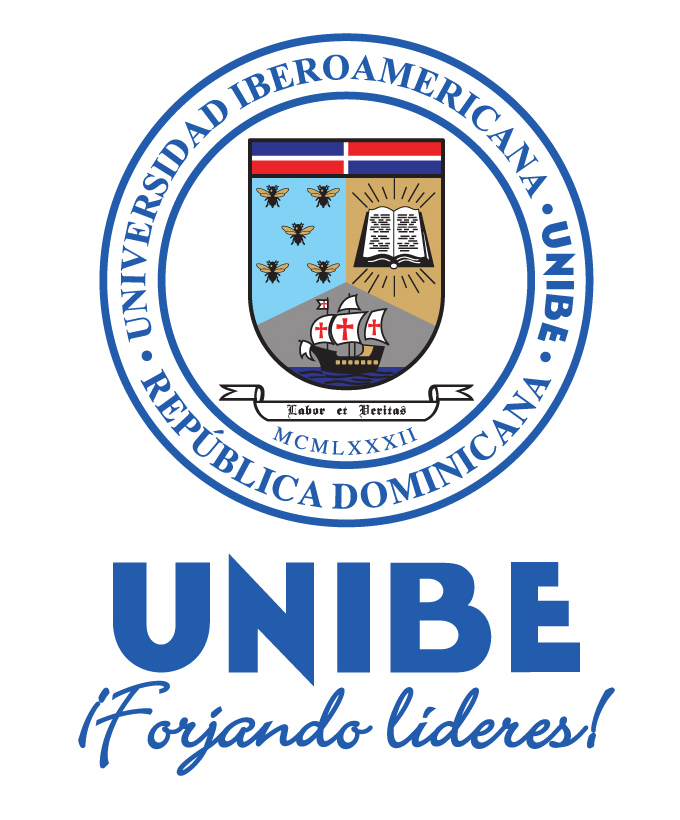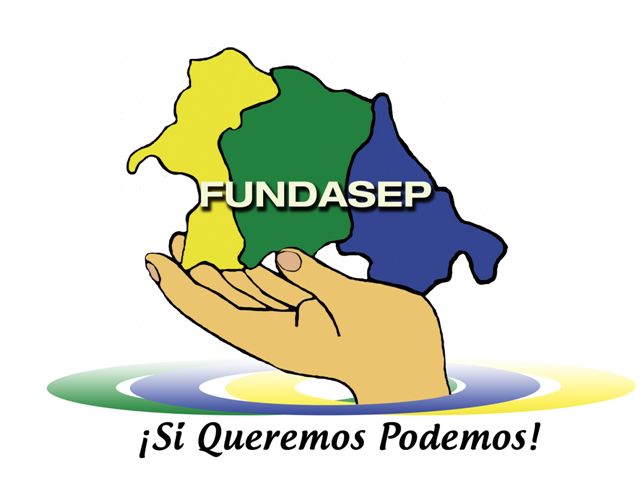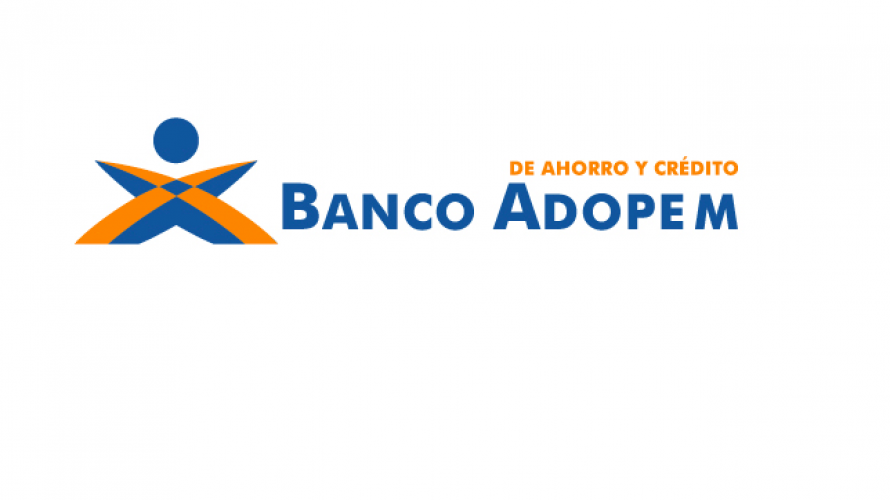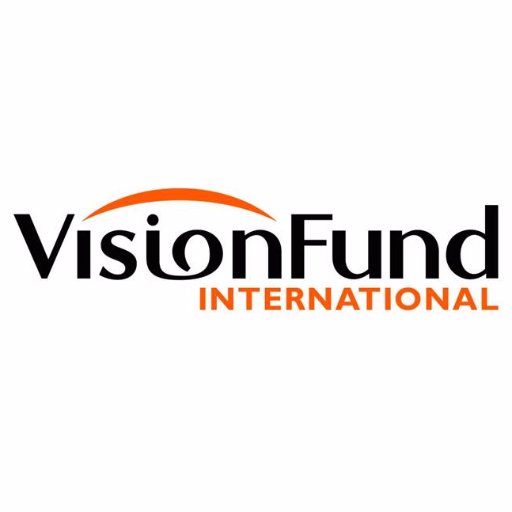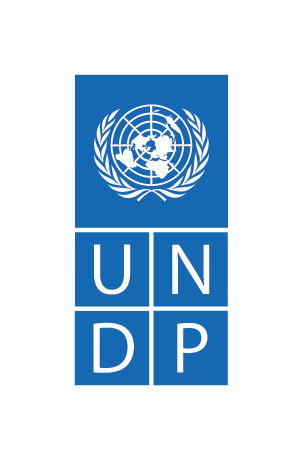Santo Domingo (July 2022) – Facing the challenges of nature, prevention, mitigation and response are key to reducing disaster risks. Faced with this reality, Habitat for Humanity Dominican Republic has programs aimed at families anticipating and recovering from the impact generated by natural events. The hurricane season, which began on June 1 and ends on November 30, always brings threats. According to the report Atlas Characteristics of Homes in the Dominican Republic, by 2020 more than 47.4% of homes in the country have zinc roofs, according to a Civil Defense report, there are around 1,006 vulnerable areas to the effects of atmospheric events and some 300,000 people live precariously along the banks of the Ozama River, according to an Oxfam report in 2017.
For these people, being protected against the current cyclone season is difficult, especially when the zinc conditions of their houses are deplorable. Dominican Habitat promotes resilient constructions, considering that each year the hurricane season highlights the importance of decent housing to guarantee the safety of people, for which the organization advocates in favor of the implementation of programs aimed at risk reduction, response to and during disasters.
They have different projects around the world that include mitigation or adaptation to climate change, in addition, they build safe homes with guaranteed quality standards to minimize or not consider risks from natural threats.
In the region, within the international network of Habitat for Humanity, it can be highlighted that, in El Salvador, the organization has worked with allies to build bioclimatic houses that optimize the climate and vegetation, to achieve energy efficiency and resilience.
And on the other hand in Paraguay, the organization helps neighborhoods to assess climate risks. While in Dominican Habitat more than 8,000 people have been trained directly and indirectly in risk management, management of collective centers, hurricane resistant housing, humanitarian protection, risk maps, formation of community networks, community construction brigades and rescue of collapsed structures, they achieved that a total of 19 communities have their work plans, with the objective of mitigating risks and defining actions for responses to disasters.
During hurricanes Irma and María, 810 emergency kits were provided on the north coast, around 308 homes in a state of emergency affected by these storms were repaired, 2 shelters were built with standards suitable for refugees, and each year the organization gives training to families to prepare before the hurricane season.
Together with other organizations, Habitat Dominicana was an important part of the Ponte Alerta Consortium, with the implementation of the project, “Prepare to Respond” integrated by Plan International, Ciudad Alternativa, OXFAM and financed by the European Union.
The project began in 2020 and was completed on April 20, 2022, its objective was to strengthen the resilience and preparation of urban communities to respond to disasters with a gender, protection and inclusion approach in the Dominican Republic and impacting the life of 12,000 people with training related to risk mitigation and promotion of more resilient constructions.
In this project of mitigation issues before, during and after disasters, it was crucial for the urban communities where it was developed, benefiting approximately 3,020 people with the delivery of comprehensive hygiene kits adapted to Covid-19 and protection in homes.
During the development of “Prepare to Respond” 5 community construction brigades were created, the community became empowered and collaborated with the repair of ravines that were not in official conditions, which represented a danger and affected the health of the entire environment.
“We as an organization have the objective of contributing to the strengthening and creation of resilience, the commitment of Dominican Habitat does not stop, it is important that the population knows the importance of a resilient home and that families who do not have a home, can build progressively, make improvements or repairs with the facilities we offer them, so that they have the peace of mind of having a safe place and more so in times like these of atmospheric vulnerability”, said engineer Francis Medina Taveras, construction and management coordinator of risk in Dominican Habitat.
The families that are intervened by Dominican Habitat with the construction of their home are made aware of the importance of creating a quality structure that remains and is not affected by any of the phenomena of nature.
“We will continue with new housing construction projects, adapting to the new times, incorporating new construction technologies, access to housing micro-financing, so that more families have a better place to live,” said architect Betsaida Santana, program manager in Dominican Habitat.
The organization will continue working this year with the support of families, through training on important topics such as health, housing, a healthy environment, economic reactivation, reduction and mitigation of risks in the face of vulnerabilities, among others. Dominican Habitat continues working to achieve, together with all its allies, a world where each person is protected at home.
About the project “Be Alert: Prepare to respond” Ponte Alerta Consortium, project, “Prepare to respond” integrated by the organizations Plan International, Dominican Habitat, Alternative City, OXFAM and financed by the European Union.
The project aimed to strengthen the resilience and preparation of urban communities to respond to disasters with a gender, protection and inclusion approach in the Dominican Republic.




